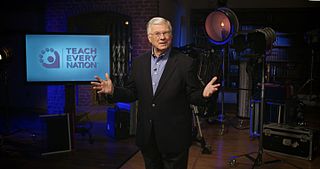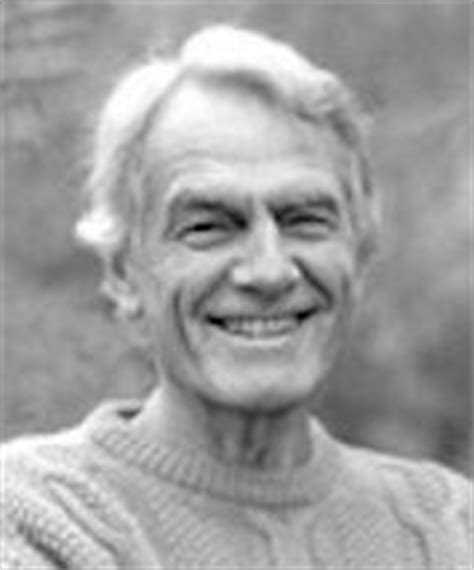A Quote by Rollo May
Courage is not the absence of despair; it is, rather, the capacity to move ahead in spite of despair.
Related Quotes
What is courage? This courage will not be the opposite of despair. We shall often be faced with despair, as indeed every sensitive person has been during the last several decades in this country. Hence Kierkegaard and Nietzsche and Camus and Sartre have proclaimed that courage is not the absence of despair; it is, rather, the capacity to move ahead in spite of despair.
Compared with the person who is conscious of his despair, the despairing individual who is ignorant of his despair is simply a negativity further away from the truth and deliverance. . . . Yet ignorance is so far from breaking the despair or changing despair to nondespairing that it can in fact be the most dangerous form of despair. . . . An individual is furthest from being conscious of himself as spirit when he is ignorant of being in despair. But precisely this-not to be conscious of oneself as spirit-is despair, which is spiritlessness. . . .
An individual in despair despairs over something. . . . In despairing over something, he really despair[s] over himself, and now he wants to get rid of himself. Consequently, to despair over something is still not despair proper. . . . To despair over oneself, in despair to will to be rid of oneself-this is the formula for all despair.
It's despair at the lack of feeling, of love, of reason in the world. It's despair that anyone can even contemplate the idea of dropping a bomb or ordering that it should be dropped. It's despair that so few of us care. It's despair that there's so much brutality and callousness in the world. It's despair that perfectly normal young men can be made vicious and evil because they've won a lot of money. And then do what you've done to me.
It requires courage not to surrender oneself to the ingenious or compassionate counsels of despair that would induce a man to eliminate himself from the ranks of the living; but it does not follow from this that every huckster who is fattened and nourished in self-confidence has more courage than the man who yielded to despair.
The ever increasing intensity of despair depends upon the degree of consciousness or is proportionate to this increase: the greater the degree of consciousness, the more intensive the despair. This is everywhere apparent, most clearly in despair at its maximum and minimum. The devil's despair is the most intensive despair, for the devil is sheer spirit and hence unqualified consciousness and transparency; there is no obscurity in the devil that could serve as a mitigating excuse. Therefore, his despair is the most absolute defiance. . . .
The country is in deep trouble. We've forgotten that a rich life consists fundamentally of serving others, trying to leave the world a little better than you found it. We need the courage to question the powers that be, the courage to be impatient with evil and patient with people, the courage to fight for social justice. In many instances we will be stepping out on nothing, and just hoping to land on something. But that's the struggle. To live is to wrestle with despair, yet never allow despair to have the last word.
You're not eating anything," said Marilla sharply, eying her as if it were a serious shortcoming. Anne sighed. I can't. I'm in the depths of despair. Can you eat when you are in the depths of despair?" I've never been in the depths of despair, so I can't say," responded Marilla. Weren't you? Well, did you ever try to IMAGINE you were in the depths of despair?" No, I didn't." Then I don't think you can understand what it's like. It's very uncomfortable a feeling indeed.
He thought that it was loneliness which he was trying to escape and not himself. But the street ran on: catlike, one place was the same as another to him. But in none of them could he be quiet. But the street ran on in its moods and phases, always empty: he might have seen himself as in numberless avatars, in silence, doomed with motion, driven by the courage of flagged and spurred despair; by the despair of courage whose opportunities had to be flagged and spurred.
































